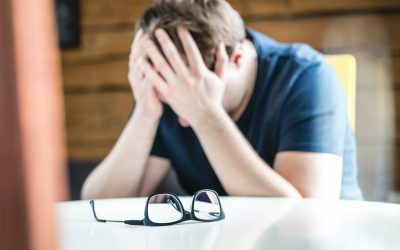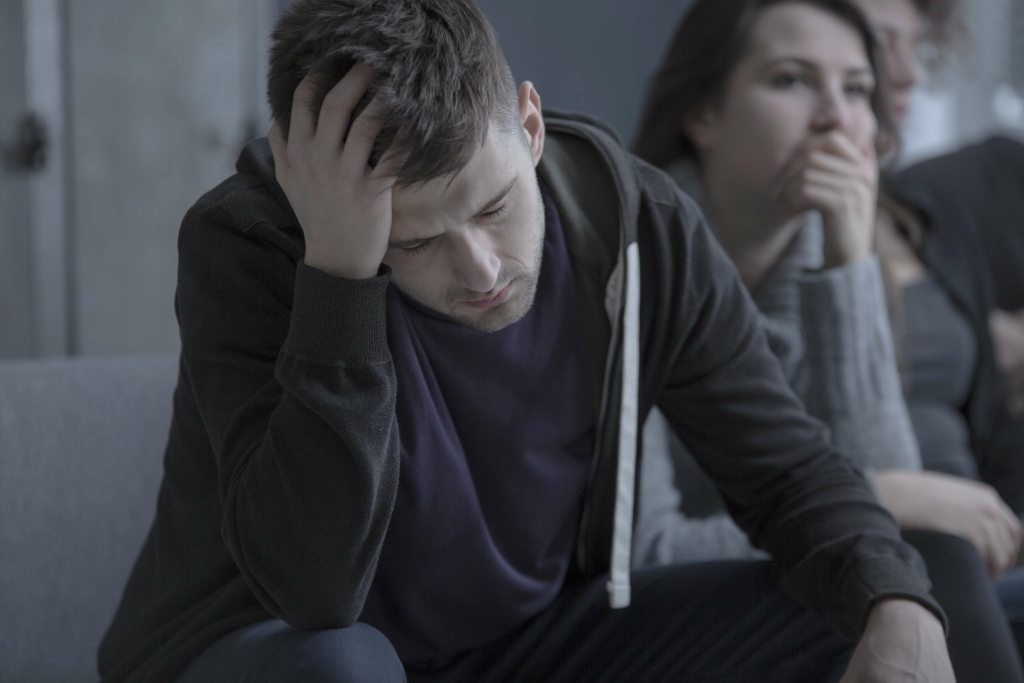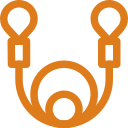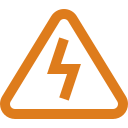Hangover Brain: Cognitive Effects of Alcohol Overindulgence
Alcohol brain fog describes the difficulty in concentrating, memory lapses, confusion, and mental fatigue that often follow heavy drinking. It’s not just a feeling — it’s the brain’s way of signaling that something is off. Maybe you greened out, maybe you accidentally took too much, or the strain / edible was way stronger than you had anticipated. But you’ve had a panic attack, and now you’re experiencing the feelings of Depersonalization and Derealization — maybe even days after smoking the weed.
- The most common weed hangover symptoms include brain fog, fatigue, and dry mouth.
- Alcohol can also trigger migraines, so some people may think they’re hung over when it’s really an alcohol-induced migraine they’re suffering.
- Resting, staying hydrated, and taking OTC pain medication if necessary may help.
Cleanse Your Body
This is due to dead neurons that alcohol kills in the process of methanol poisoning. Alcohol also steals your sleep by triggering snoring, disrupting REM sleep patterns, or keeping you from falling into a sound slumber. Alcohol impairs GABA, a calming neurotransmitter that reduces anxiety and stress levels in the brain. Alcoholics have been shown to have lower levels of GABA receptors than those who are not alcoholics (R). Many alcoholics self-medicate their condition by using benzodiazepines as supplements for their lowered levels of GABA neurotransmitters. Alcohol abuse also leads to a poor diet which can also contribute https://belanja123.net/alcohol-use-disorder-diagnosis-and-treatment/ to brain fog symptoms.
- The result can be even more devastating towards the impact on a recovering individual.
- If you notice these symptoms cropping up more often, even with less alcohol, it’s a good idea to dig a little deeper.
- Take a few minutes each day to engage in mindful activities and reduce mental stress.
Medication Management for Cravings and Co-occurring Mental Health Issues
Other drugs that are used for treatment are DMAE, Ginkgo Biloba, Magnesium, or piracetam. It’s best to always consult your, doctor, before taking any medicine. So, if you’re struggling with brain fog from alcohol, do your best to go for a walk in the sunlight every day. Dehydration can contribute to brain fog, so it’s important to drink plenty of fluids, especially water, after drinking alcohol. Understanding what’s happening in our brains when we experience a hangover can help us make more informed decisions about our drinking habits. It’s not about preaching abstinence – for many, alcohol is a part of social life and celebration.
- Your brain is an incredible organ, capable of amazing feats, but it needs your help to function at its best.
- Alcohol also depletes magnesium, potassium, and sodium, all of which are essential for nerve signalling.
- The symptoms can range from difficulty concentrating to mood changes and impaired decision-making.
- If you’re experiencing persistent symptoms lasting more than a few days, it might be time to consult with a healthcare provider.
Ways to Combat and Avoid Cannabis Brain Fog
Moderation, hydration, and giving your body (and brain) time to recover are Oxford House key. And if you find yourself frequently battling severe hangover brain, it might be worth examining your relationship with alcohol and considering whether changes need to be made. Reaction time and decision-making abilities also take a nosedive. If you’ve ever tried to play video games with a hangover, you know exactly what I’m talking about. Your reflexes feel sluggish, and making choices feels like wading through molasses. This slowed cognitive processing can be particularly problematic if you need to drive or operate machinery, which is why it’s crucial to allow ample recovery time after drinking.
Causes and Symptoms of Weed Brain Fog
Panic attack hangovers can cause fatigue and low energy, making it more important than ever to fuel your body with nutritious foods. Experts also suggest avoiding substances that can make panic attack symptoms worse, like alcohol and caffeine. I’m curious because I have persistent brain fog (sluggish cognitive tempo) that is exacerbated the day after drinking, to the point that I am incoherent and nearly a vegetable.


For starters, cannabis can interfere with our sleep cycles, particularly REM sleep, which is crucial for cognitive function and memory consolidation. Then there’s dehydration – THC has a knack for making us forget to drink water, leaving us high and dry (pun intended). Lastly, the residual effects of THC lingering in our system can continue to impact our cognitive function well into the next day. For those dealing with alcohol use disorder, cognitive impairments, including brain fog, can persist for months or even years after they stop drinking.
And a bad experience on weed can be VERY frightening!
Some individuals may only experience mild withdrawal symptoms, while others may face more severe challenges. Therefore, it is crucial to seek professional guidance and support throughout the alcohol detox process. The symptoms of brain fog during alcohol withdrawal can vary from brain fog hangover person to person. Insomnia, tremors, increased blood pressure, anxiety, and confusion are commonly reported.
Why Drug Use Assessment is the First Step Towards Recovery in Port St Lucie
Brain fog feels like the room inside your head is not clean and requires a deep refresher. Brain fog symptoms may vary from person to person, however, slowed cognitive functioning seems to be a recurring element. A healthy withdrawal program can help you detoxify your body and brain from the harmful effects of alcohol, and generally start your addiction treatment journey.











